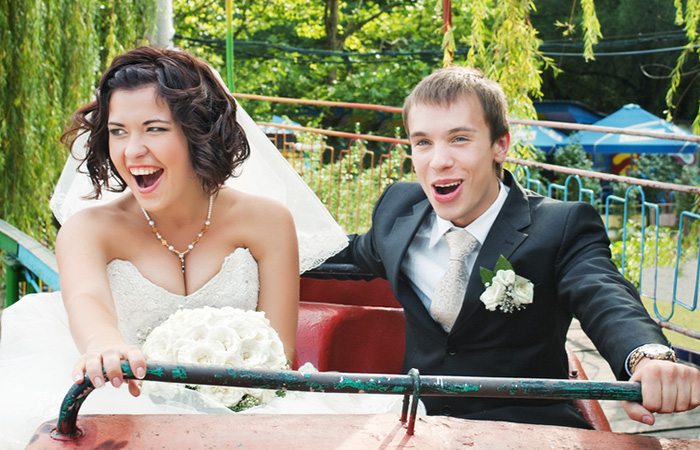Hosts: Frederick Van Johnson
This week on TWiP…
- A special double interview episode of TWiP!
- Daniel McGarrity on the changing landscape of wedding photography
- Kris Rowberry from Great American Thrills & his quest to document America's obsession with raw excitement
This week Frederick sits down for two great interviews. The first is with wedding and event photographer Daniel McGarrity who discusses the changing landscape and commoditization of the wedding photography industry.
In the second interview, Frederick is joined by Kris Rowberry, the guy behind Great American Thrills, who discusses his passion for amusement parks and his quest to document America's healthy obsession with raw excitement.
1. Daniel McGarrity Photography
Announcing TWiP's newest ViewBug photo contest:
“A Picture Is Worth A Thousand Lyrics”
We provide you with a song, you listen to it and interpret the song as best you can in a photo. This contest's song is: “I Believe I Can Fly” by R. Kelly, as performed by the artist Charice – you can watch her perform the song here.
Note: Entries for this contest will be accepted through August 31st. Enter NOW! Watch Frederick explain how he came up with this contest in the video below!
[button link=”http://fvj.me/lyrics-contest” color=”green” window=”yes”]Enter The Contest![/button][/box]
Please Support our Sponsors:
Shutterstock
This episode is brought to you by Shutterstock.com. With over 26 million high-quality stock photos, illustrations, vectors and video clips, Shutterstock helps you take your creative projects to the next level. For 30% off your new account, go to Shutterstock.com and use offer code TWIP7.
Connect with Our Hosts & Guests:
Daniel McGarrity: Website, Twitter, Google+
Kris Rowberry: Website, Twitter, 500px
Frederick Van Johnson: www.mediabytes.com, Twitter, Google+
Credits:
Pre-production by: Bruce Clarke
Post production by: Suzanne Llewellyn & Vince Bauer

